'Free' apps cost more than you think: here's how they do it
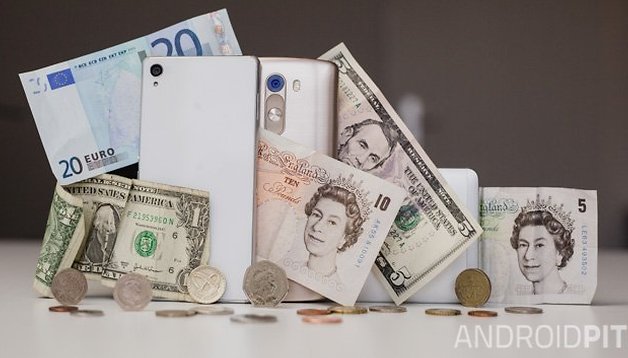

Everybody loves a bargain, and few of us enjoy spending money we don’t have to. It’s hardly surprising, then, that some of the most popular apps are free. But sometimes free isn’t really free, and you’ll pay for those apps in other ways. Other, rubbish ways. Let’s discover the true cost of some free apps.
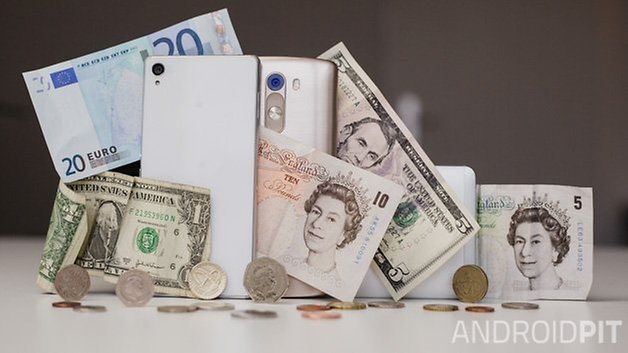
The thing about apps is that apps are made by people, and people have to deal with stuff like paying rent, buying noodles and saving up for new smartphones. If those people don’t have an alternative source of income then that means they’re relying on their apps to pay the bills. There’s just one problem with that. People generally don’t like paying for apps.
Developers gotta eat, so if they can’t make money from selling their apps they need to find an alternative. Typically those alternatives mean either running ads, offering in-app purchases or behaving badly. All of those things can do serious damage to your phone, to your wallet or both.
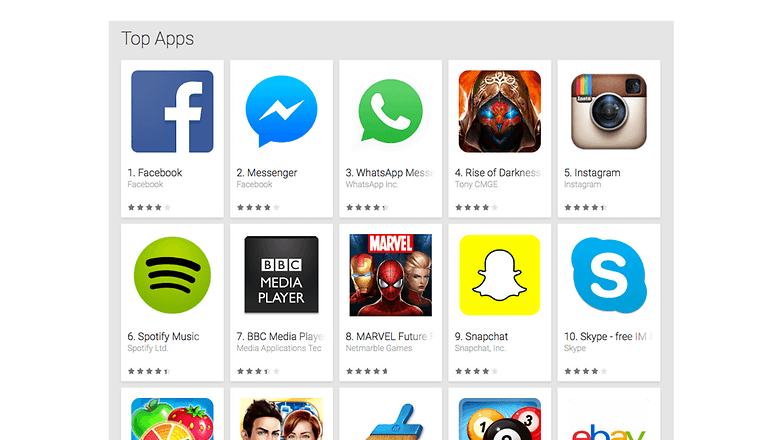
1. Hidden cost of free apps: dead batteries
We’ve known for a while that ad-supported apps tend to use more energy than apps without ads, because of course serving up the ads involves extra work. But now we can put a figure on it thanks to William Halfond and researchers at the Rochester Institute of Technology in the US and Queen’s University in Canada, who tested the top apps of the last year on a Samsung Galaxy S2 loaded with monitoring tools.
What they found was interesting.
Ad-supported apps didn’t just use a little bit more energy. They used a whole bunch: on average 16 percent more energy than apps without ads. On a typical phone that dropped the battery life by between one-half and two-thirds of an hour. That’s pretty significant when phone batteries still struggle to last all day. It isn’t just the ad serving; an earlier study by Microsoft found that on an app such as Angry Birds, 45 percent of the energy consumed was eaten up by location services working out the user’s whereabouts so it could decide which ads to serve them.
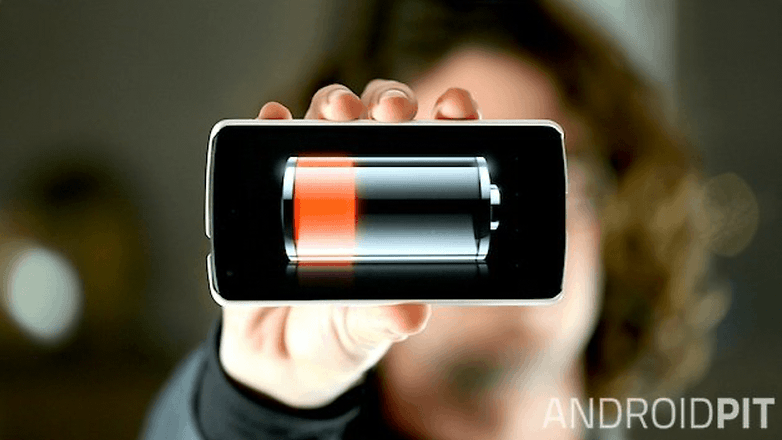
2. Hidden cost of free apps: pathetic performance
The second thing that the research found was that ad-funded apps had a noticeable effect on a phone’s performance. When an app is doing its thing and running ads on top, that places more demands on your phone’s processor - and that extra demand accounts for an average of 48 percent more processing time, with memory usage up 22 percent and CPU utilization up 46 percent. If your smartphone’s short of memory, that’s a big problem.
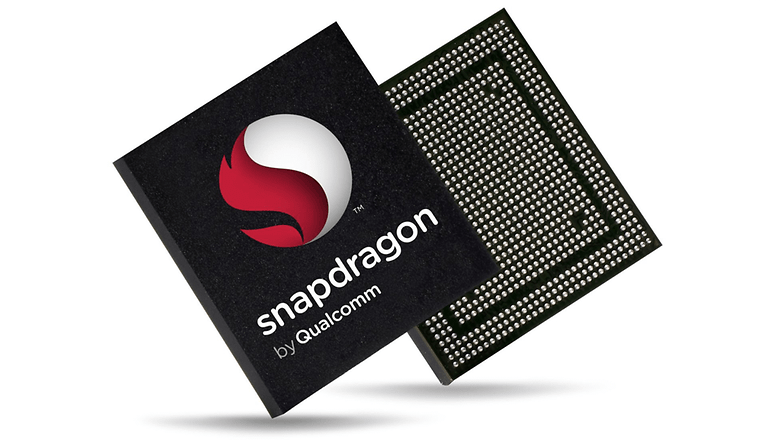
3. Hidden cost of free apps: big data bills
The researchers found a third area of concern, and that area was data usage. On a desktop PC with broadband the extra data involved in serving ads doesn’t really matter, but on mobile - and especially mobile where you pay for data, or where you have a data limit that makes your connection useless or expensive when you hit the limit - every bit and byte counts. The researchers found that apps with ads used as much as 100 percent more data than ad-free ones, and on average they used 79 percent more network data. If your kids are doing that “watch this video ad to earn more coins” in a game, stop them. Stop them now.
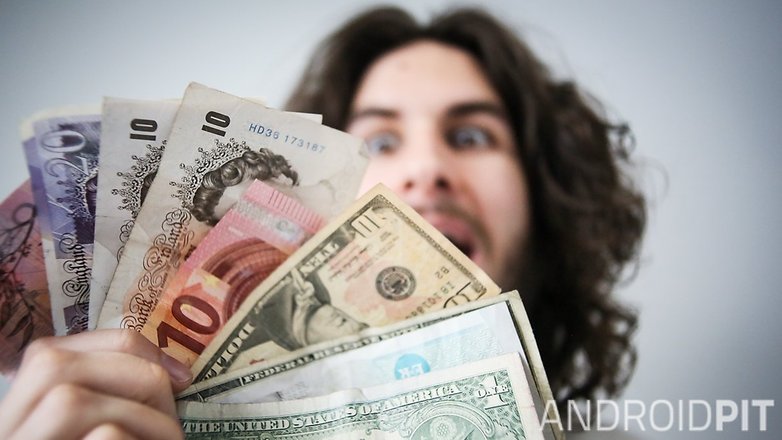
4. Hidden cost of free apps: insane in-app purchases
This is particularly obvious in apps aimed at kids, many of which are essentially useless without spending enormous amounts of money, but grown-ups can be affected too. Is there anything more annoying than choosing what you think is a free app only to discover that the features you actually want are behind a paywall?
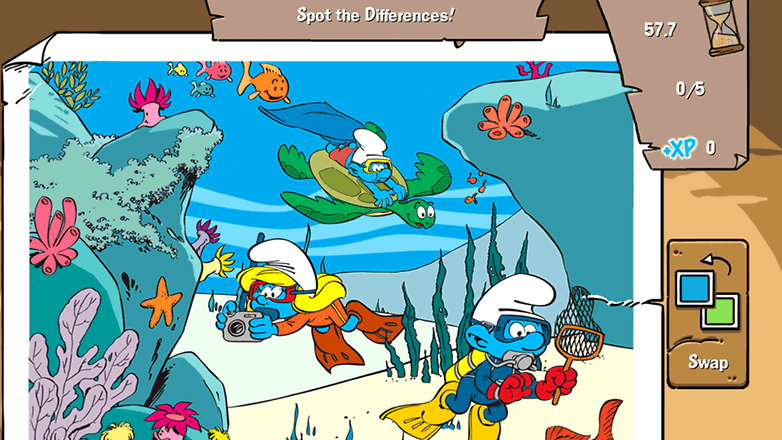
5. Hidden cost of free apps: malware and secret connections
You know the drill with the Play Store: for all its joys, it’s full of crap too. A new study described in the MIT Technology Review demonstrates that some of that crap is deeply disturbing crap. Researchers from Eurecom in France have created tools that can see what servers apps are connecting to in secret, and they’ve tried those tools on 2,000 apps from the Play Store.
In total, the apps connected to 250,000 distinct addresses across nearly 2,000 different domains. For example one app, Music Volume EQ, connected to almost 2,000 distinct internet addresses, and 10 percent of apps tested connected to more than 500 different URLs.
If that’s not bad enough, nearly 30 percent of apps connect to user tracking services - some connecting to more than 800 in a single app - and a small but significant proportion connected to known malware sites. Many of the tested apps’ connections may be perfectly reasonable, but clearly many of them aren’t.
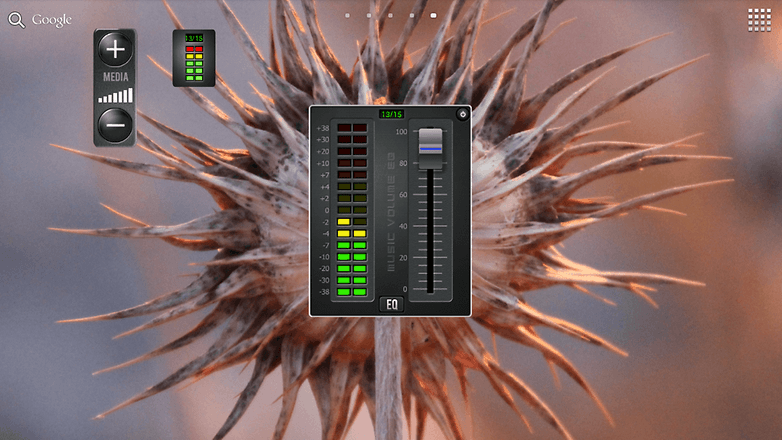
On balance, then, we’d rather pay for ad-free apps than run the risk of diminished performance, dying batteries and all our personal data being sent to the Feds or whoever Vladimir Putin’s got manning the phones. What do you think? Is the cost of some free apps too much? Have you encountered any particular offenders? Let us know in the comments.






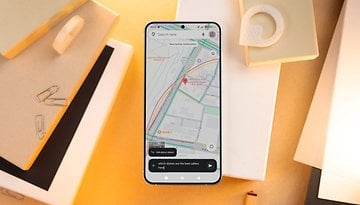

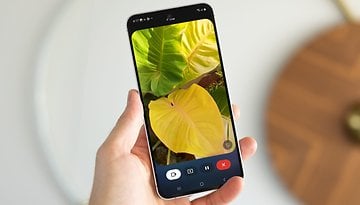
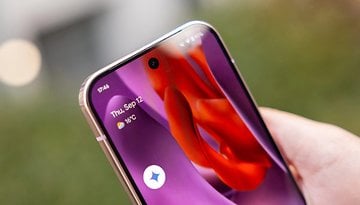
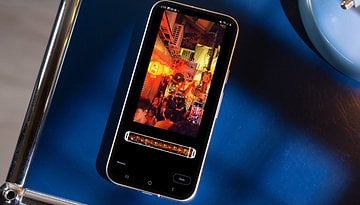








This is really an informative article, really worth reading and sharing.
I won't mind paying for apps if Google makes paying via sms an option. Or with my phone bill.